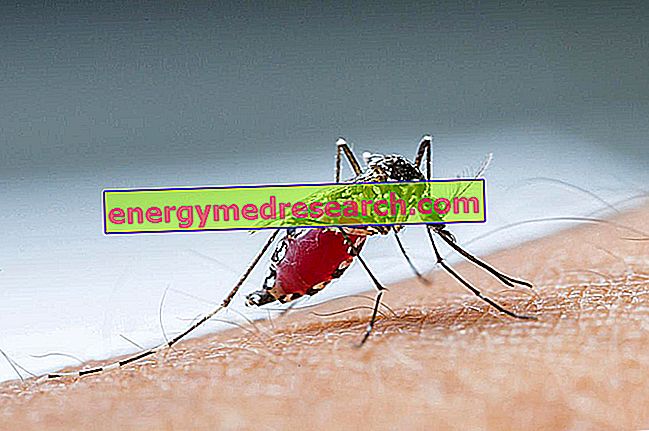
Vectors are organisms capable of transmitting pathogens from an infected animal to humans or another animal.
In most cases, arthropods are involved, such as mosquitoes, sandflies (sand flies), ticks, fleas, bedbugs, and flies. Many of these vectors are bloodsucking insects, which ingest the microorganism responsible for a given zoonosis when they feed on the blood of an infected animal or man, and then inoculate it into a new host at the next blood meal.
Among the vector-borne diseases are Lyme disease, African trypanosomiasis, schistosomiasis, Chagas disease, chikungunya, West Nile virus infection yellow fever, malaria, dengue, leishmaniasis, encephalitis Japanese and onchocerciasis. Mostly, these are endemic diseases in tropical and sub-tropical areas, but some are emerging or permanently present even in temperate climate countries.



